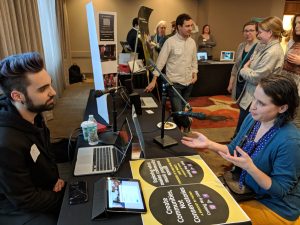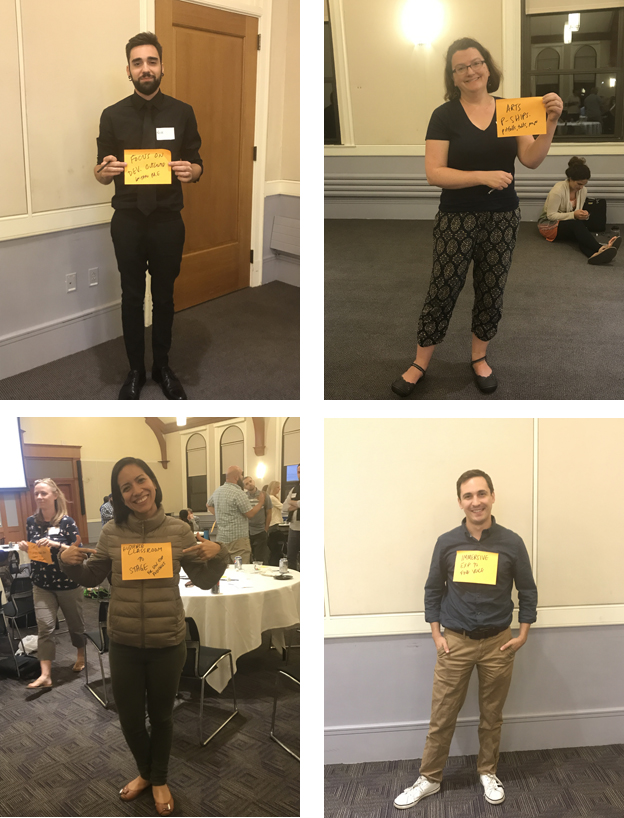
Mass Cultural Council recently released a spending plan for the new fiscal year that will invest more than $1.6 million in creative youth development, increasing investments in national model programs, providing grants for youth-led projects, and expanding support for teaching artists.
This year we are funding 74 programs through YouthReach and SerHacer; and will continue to support Amplify, a groundbreaking program that provides grants to young people for youth-led projects throughout the Commonwealth; the META Fellowship; and the Johnson String Project, which is dedicated to ensuring that all students in El Sistema-inspired programs in Massachusetts have access to high quality string instruments.
We will also be launching a new Teaching Artist Pilot Program, based on an internationally recognized professional development model created here in Massachusetts.
Creative youth development unleashes the potential of young people as creators, leaders, and architects of a better world. Creative youth development programs empower youth to explore their identities in a safe place, find their voice, and map their future.
Together our support of young people, teaching artists, and organizations empowers new voices to be heard in the cultural and civic conversations of the Commonwealth.
“When we support creative youth development, we are supporting the generation who will shape our world,” said Anita Walker, Mass Cultural Council Executive Director.
What does this support look like? Here are just a couple of examples:
- The Community Music School of Springfield has successfully engaged with the public schools to bring music and the arts to every Springfield school for the first time in a generation.
- In Lawrence, Elevated Thought actively serves and develops communities through youth empowerment curriculum, beautification projects, youth organizing, and public outreach.
- The Playwright Mentoring Project at Barrington Stage in Pittsfield is giving voice and opportunity to young people to tell their stories and create theater experiences.
- GreenRoots is empowering and engaging youth voices on environmental justice issues in Chelsea.
- At Enchanted Circle Theater in Holyoke, DCF involved youth are telling their stories through original plays and productions.

 We are please to announce that Käthe Swaback has joined Mass Cultural Council as a Creative Youth Development Program Officer. Käthe comes to us after more than 20 years as the Program Director of the nationally-recognized CYD organization, Raw Art Works. Her work at Mass Cultural Council will be focused on a new initiative connecting the arts and health, in addition to supporting the Creative Youth Development portfolio.
We are please to announce that Käthe Swaback has joined Mass Cultural Council as a Creative Youth Development Program Officer. Käthe comes to us after more than 20 years as the Program Director of the nationally-recognized CYD organization, Raw Art Works. Her work at Mass Cultural Council will be focused on a new initiative connecting the arts and health, in addition to supporting the Creative Youth Development portfolio.






